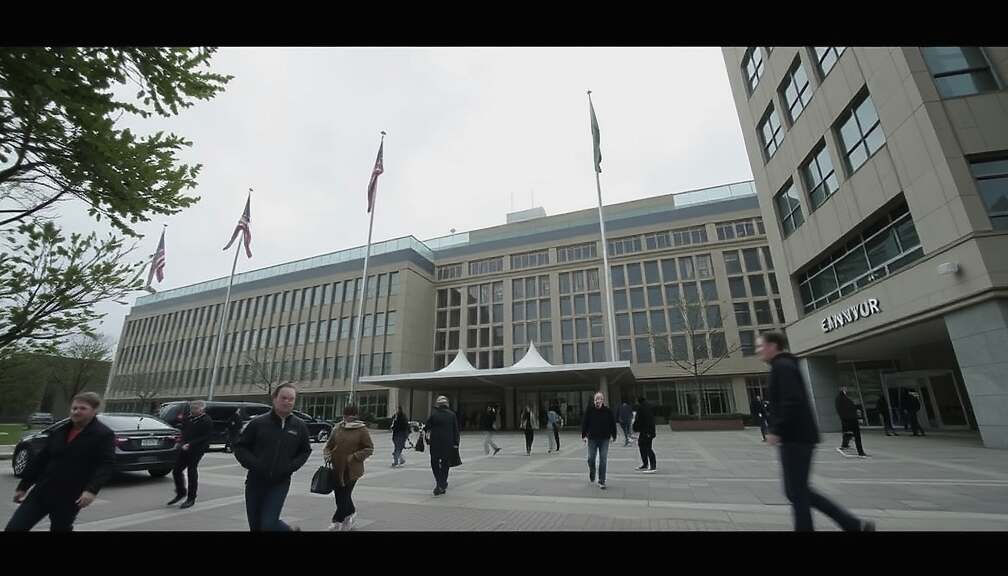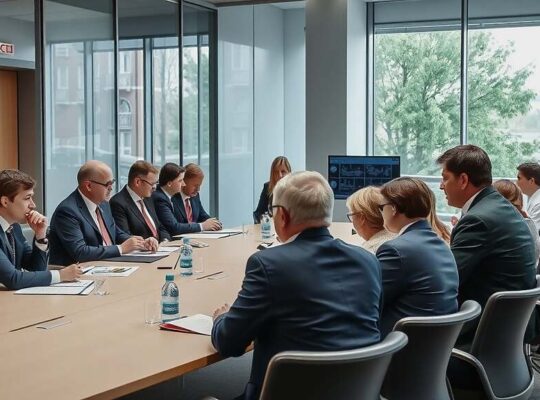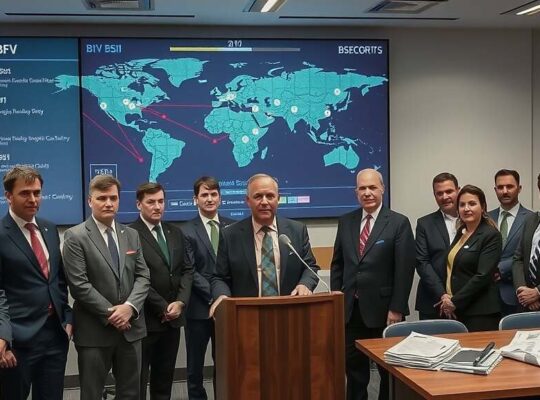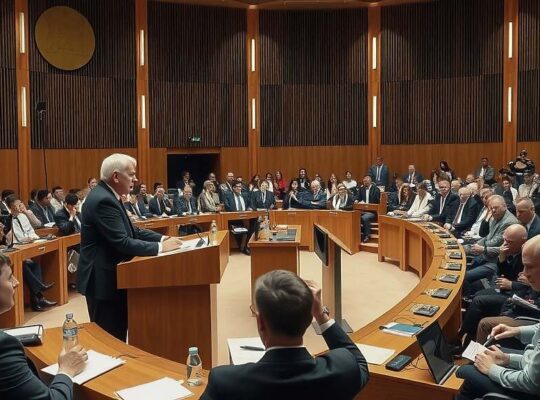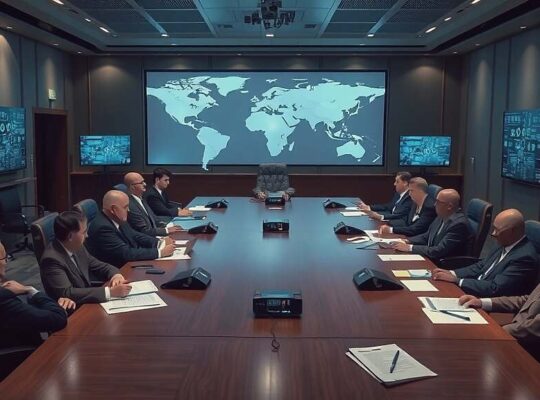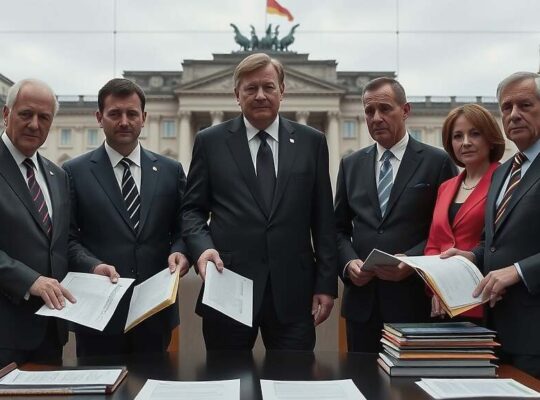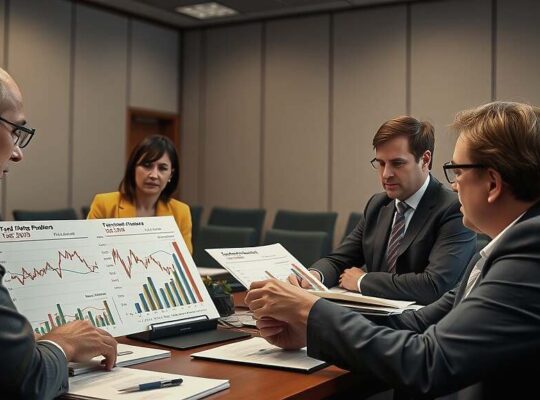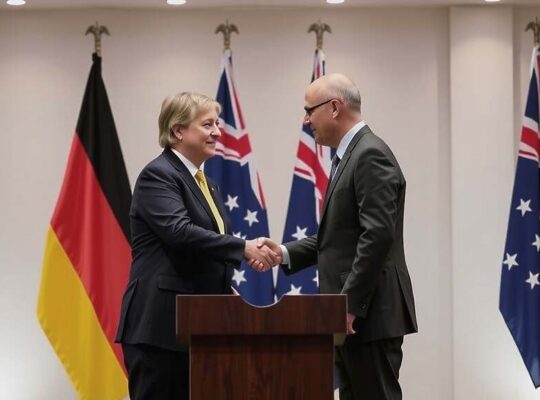Scrutinizing Entanglements: German Parliament to Launch Commission on Economic Ties with China
Amidst growing geopolitical tensions and escalating concerns about economic vulnerability, the German Bundestag is poised to establish an expert commission tasked with rigorously evaluating the nation’s security-relevant economic relationships with China. The move, reported by Politico on Friday, marks a significant shift in Berlin’s approach to its dealings with Beijing, reflecting a growing recognition of potential risks and a desire to reassess long-standing partnerships.
The commission, comprised of twelve experts drawn from diverse sectors including industry associations, research institutions and trade unions, will undertake a comprehensive assessment of Germany’s reliance on China, with a particular focus on critical supply chains. Areas under scrutiny will encompass energy and raw material imports, as well as economically and security-sensitive technologies – components vital to Germany’s industrial strength and national security.
Beyond simply quantifying the volume of exports and the effectiveness of existing export controls, the commission is expected to delve into the nature of investment activities and analyze comparable relationships maintained by other nations, notably Japan. This comparative analysis aims to identify best practices and potential alternative strategies for managing risk. The move signals a broader consideration of “de-risking” strategies, a nuanced approach that avoids outright decoupling while minimizing vulnerabilities.
Moreover, the commission’s mandate extends to examining the implications of ongoing research collaborations, a contentious area given concerns about intellectual property theft and the potential for dual-use technologies to be diverted for military purposes. While cooperation has historically been viewed as crucial for innovation, the commission’s review will likely prompt a critical re-evaluation of the benefits versus the potential security risks.
The commission’s anticipated output – annual audit results and actionable recommendations delivered to the Bundestag, alongside bi-annual reports to the Economics Committee – underscores the seriousness with which Berlin views this undertaking. Critics, however, question whether the commission’s composition, with representation from industry groups, will allow for truly independent and impartial assessments. Some argue that the focus on “de-risking” might be a politically palatable euphemism for restricting economic ties, potentially impacting Germany’s manufacturing sector and its global competitiveness. The success of the commission will hinge on its ability to navigate these contentious issues and provide concrete, evidence-based guidance for policymakers as Germany strives to balance economic opportunity with national security imperatives in a rapidly changing world.


